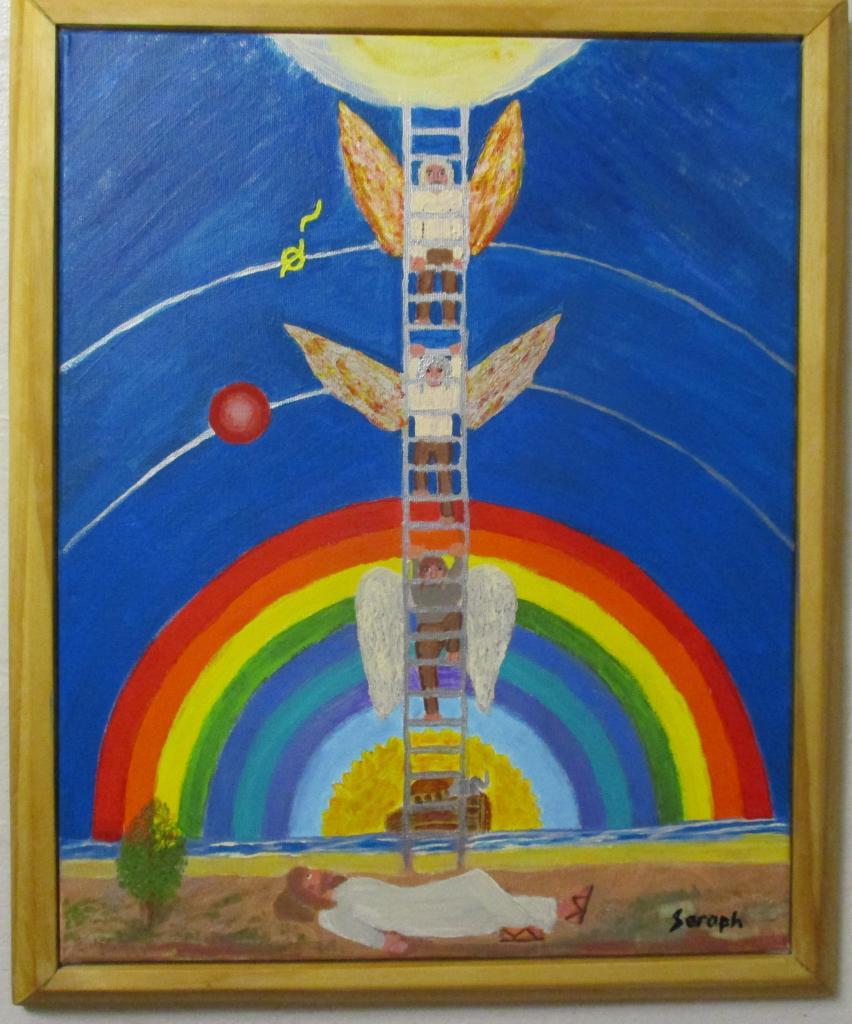

If time were created, then there must have been no time before the creation, but the very concept of “before” necessitates the concept of time.

But Aristotle asserts two imperishable entities: motion and time. If all substances are perishable, then ultimate destruction of everything is inevitable. Before he draws any grand conclusions, he begins with the idea of substance, of which there are three kinds: changeable and perishable (e.g., plants and animals), changeable and eternal (e.g., heavenly bodies), and immutable. This volume will be essential reading for anyone interested in Adorno's work and will be a valuable text for students and scholars of philosophy and social theory.Aristotle Metaphysics Book 12 (section 1069 – 1073)īook 12 is usually considered the culmination of Aristotle’s work in metaphysics, and in it he offers his teleological system. He finds in metaphysical experiences, which transcend rational discourse without lapsing into irrationalism, a last precarious refuge of the humane truth to which his own thought always aspired. In the last lectures, Adorno's attention switches to the question of the relevance of metaphysics today, particularly after the Holocaust. The major part of these lectures, given by Adorno late in his life, is devoted to a critical exposition of Aristotle's thought, focusing on its central ambiguities. It is to this profound ambiguity, for Adorno, that the metaphysical tradition owes its greatness. Underlying this dualism is a further dichotomy, which Adorno sees as essential to metaphysics: while it dissolves belief in transcendental worlds by thought, at the same time it seeks to rescue belief in a reality beyond the empirical, again by thought.

Perhaps not surprisingly, Adorno finds this tension resolved in the Hegelian dialectic. This basic split, in Adorno's interpretation, runs right through the history of metaphysics. In Aristotle it appears as an unresolved tension between form and matter. Adorno traces this dualism back to Aristotle, whom he sees as the founder of metaphysics. Metaphysics for Adorno is defined by a central tension between concepts and immediate facts. It provides a unique introduction not only to metaphysics but also to Adorno's own intellectual standpoint, as developed in his major work Negative Dialectics. This volume makes available in English for the first time Adorno's lectures on metaphysics.


 0 kommentar(er)
0 kommentar(er)
